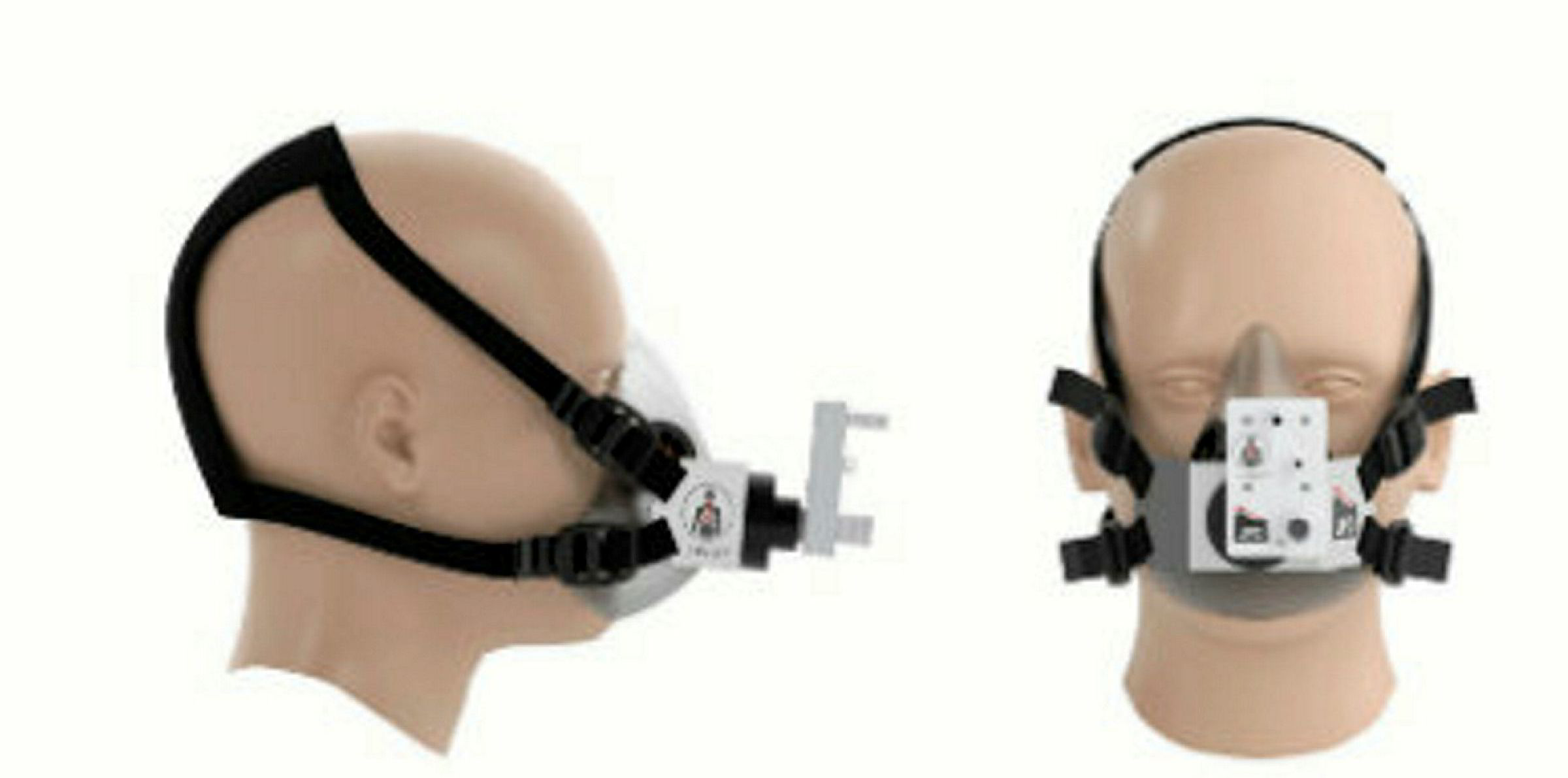Norway's Klaveness Combination Carriers (KCC) is placing greater emphasis on tanker trades as it looks to reduce costs during the coronavirus pandemic.
Its Cabu ships, which carry caustic soda and dry cargo, logged time charter equivalent earnings of $20,283 per day in the first quarter.
The Cleanbu oil products and dry cargo ships achieved improved earnings of $20,932 per day on the back of a strong tanker market and despite weak dry bulk and fuel markets and the increasing operational impact of Covid-19.
To "improve KCC’s robustness amidst increasing Covid-19 uncertainties", it has increased tanker market coverage in the current strong market.
One Cleanbu vessel has been fixed on a three to six-month time charter and around 25% of the Cleanbu fleet’s "wet" capacity has been fixed for the second half of 2020 through derivatives.
In addition, a three-year caustic soda contract of affreightment (COA) to Australia has been concluded.
This covers half its Cabu fleet capacity.
It is also in the process of extending other caustic soda COAs for the second six months.
Chief executive Engebret Dahm said: "We are pleased to report the best quarterly Cabu TCE earnings since 2015 and improving Cleanbu TCE earnings in Q1 in the current difficult Covid-19 situation."
Cash preservation
KCC is also taking a number of additional "mitigating actions" to conserve cash by postponing dockings and non-critical investments, and evaluating cost-cutting initiatives, it added.
It has available liquidity of $82m.
The company reported relatively smooth operations to date, but there are increasing operational challenges and strains on crew.
Changeovers have been halted and extended crew contracts approved.
It has proved difficult or impossible to get shipmanagers and service personnel on board, it added.
The owner has been making "in-water" intermediate surveys and has postponed the docking of one vessel to 2022.
Investments postponed
It is also reducing the scope of, and postponing investments for, the remaining three dockings scheduled for 2020.
The outlook in the second quarter is positive for both vessel classes.
"In the current Covid-19 situation our first priority is to secure the health and safety of our crew and we have initiated a number of virus protection measures to protect the crew and ensure no virus outbreak on board our vessels," it added.
The company has a strong balance sheet and cash position, it said, making it "robust" as it tackles increasing virus risks and the likely negative impact on all shipping markets and operational disruptions.





